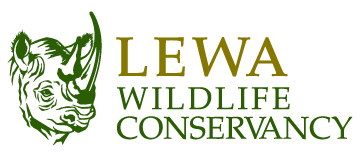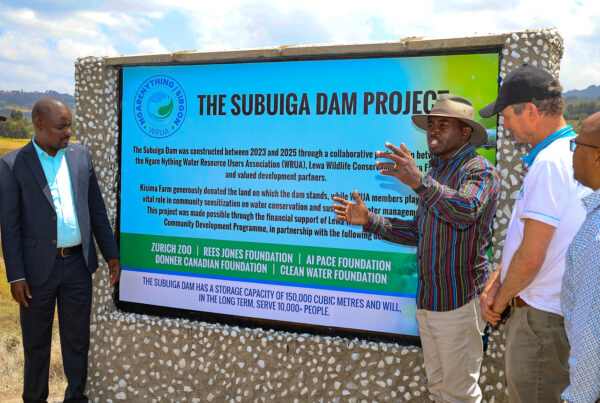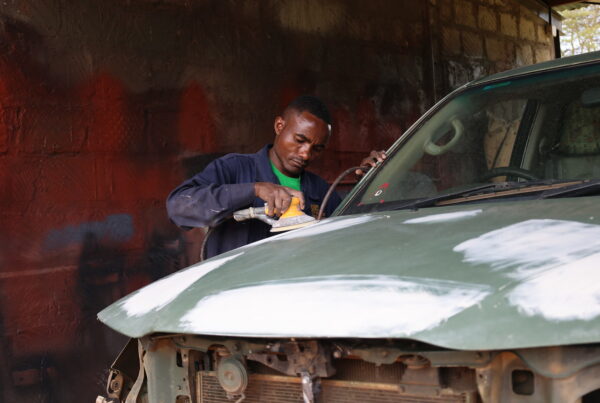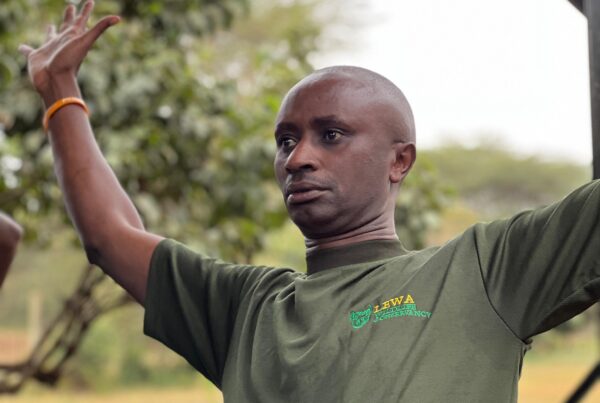Droughts have increased in frequency and duration by nearly a third in the last 20 years. This is according to a recent report by the United Nations Convention to Combat Desertification. The report also revealed that drought preparedness policies such as ecological restoration and sustainable land management make a world of a difference in mitigating the effects of drought.
Farmers are increasingly adopting climate-smart agriculture in response to the new world order of adverse climatic conditions such as extended droughts and erratic rainfall patterns. In line with this trend, Lewa’s sustainable agriculture programme in early December, decided to provide 100 farmers with a learning trip to Nyeri County in Kenya to focus on dairy production.
The genesis of this trip was to find a sustainable way in which pastoralists with large herds of livestock can better manage and benefit from their cattle during drought seasons. A possible solution offered by our Sustainable Agriculture Programme was that farmers consider keeping fewer high yielding milk producing cattle, which they can manage as compared to hundreds of livestock.

Dairy production is an extremely lucrative business, but neither the farming nor pastoral communities have embraced its value chain. A majority of the Lewa community’s members are small-scale agro-pastoralists who are greatly impacted by the current climate changes and will benefit greatly from adopting dairy production.
The farmers received training on:
- Breed improvement
- Fodder production and preservation
- Dairy cows best practice/management
About our Smart Agriculture Programme

The majority of people living in areas adjacent to the Lewa Conservancy are small-scale farmers. In keeping with its belief that community empowerment is the most sustainable form of conservation, Lewa has developed programmes to assist these farmers in increasing output while minimising any negative effects on the environment.
Lewa collaborates with nearby farms to share knowledge of strategies that maintain soil quality and stop land degradation through practical training.
Training programmes on crop diversification, fodder production, water harvesting, irrigation techniques, and crop monitoring are also some of Lewa’s initiatives.

The Lewa Smart Agriculture Programme seeks to provide a comprehensive approach to the various facets of agricultural production in order to enhance community livelihoods.
